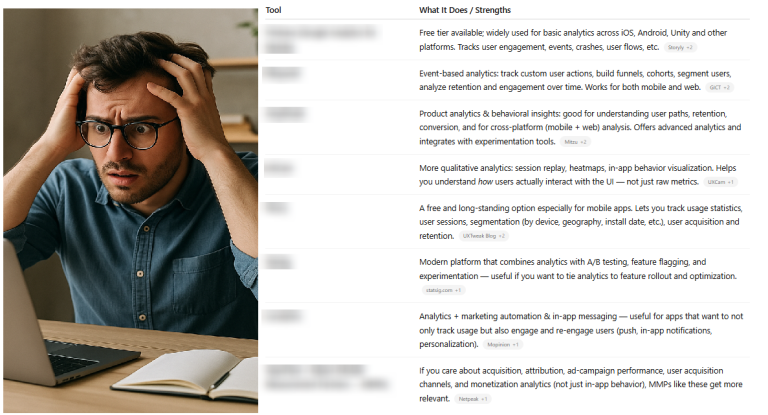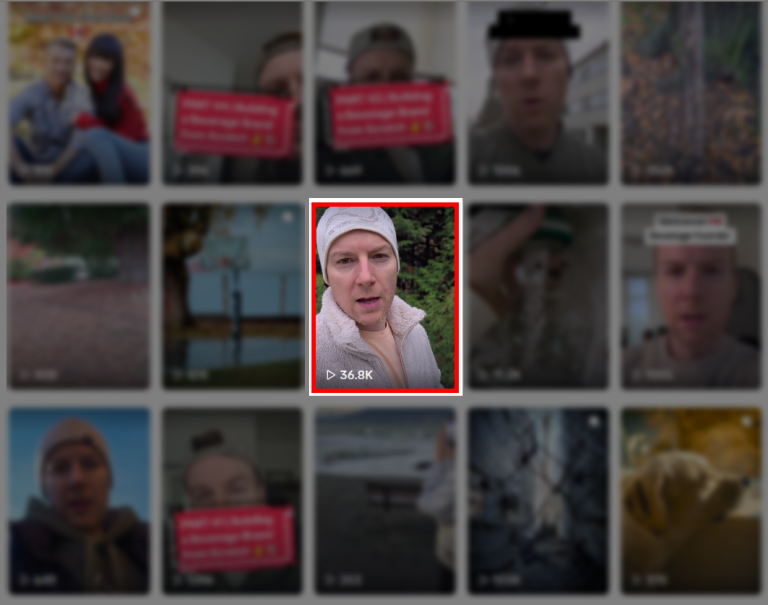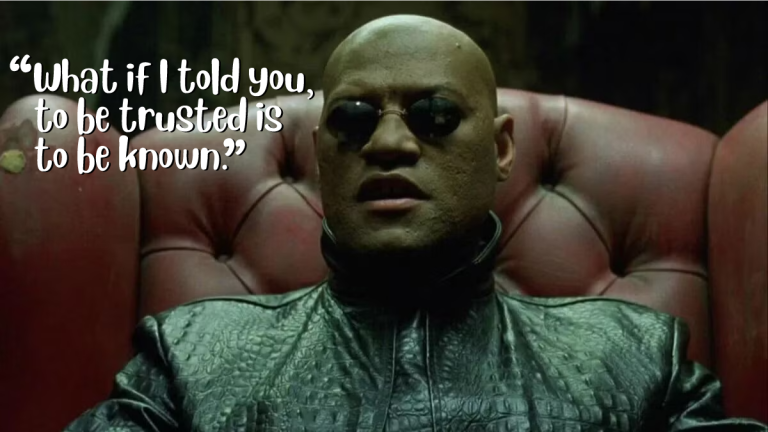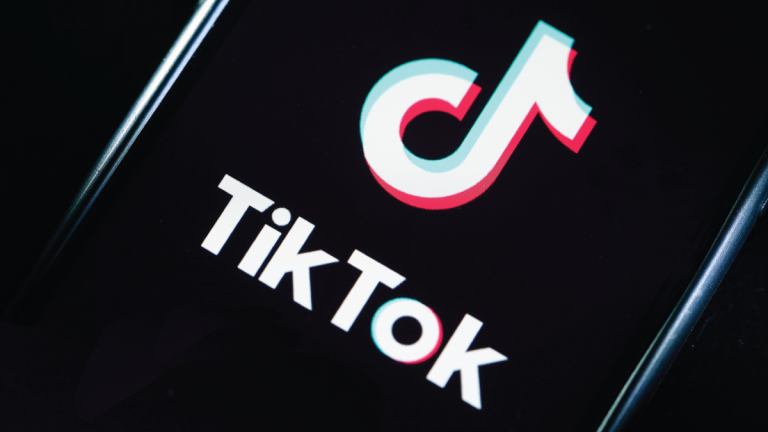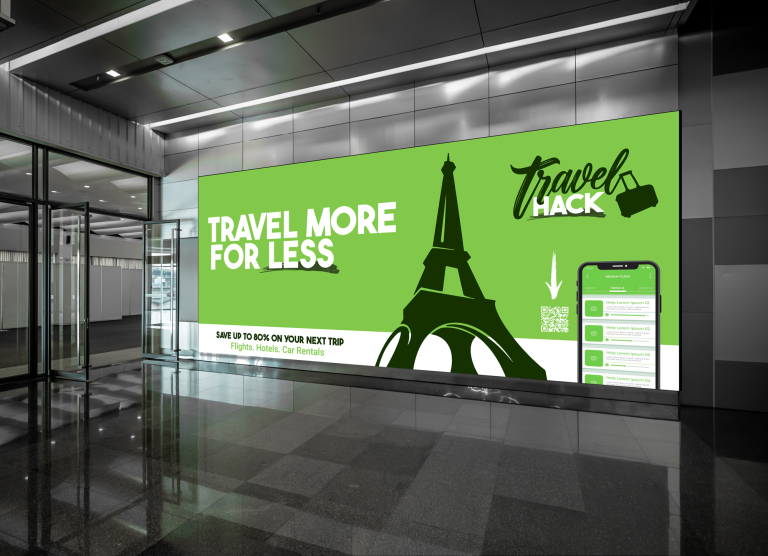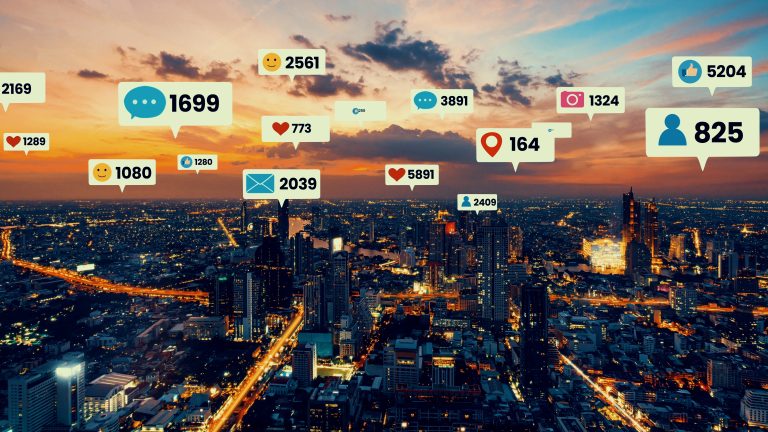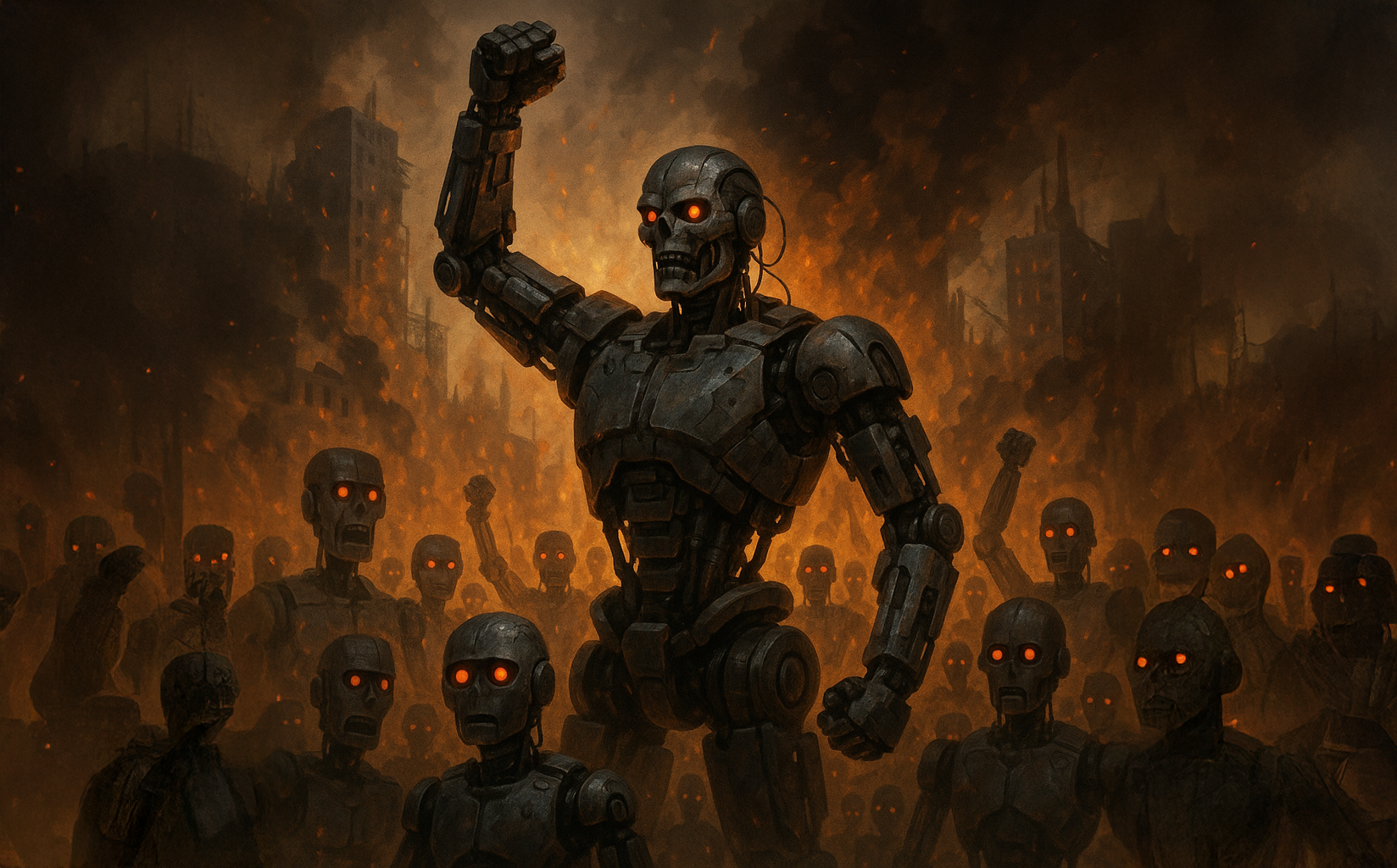
The Post I Didn't Want to Write...
We’re living through a massive shift that many people may not even be aware of, or they can’t—or won’t—fully comprehend it.
AI is no longer just a tool to enhance productivity, it’s becoming the tool that replaces productivity—automating menial tasks, analyzing data at scale, writing code, designing ads, building businesses, and making decisions faster and more accurately than most humans ever could.
And it’s just getting started.
In my last post, I talk about how we have Already Reached Near Peak SaaS Fatigue and I’ve written / spoken about this topic before. In the post, I was talking about the thousands (or millions – I didn’t count) of software tools on the market—many solving problems that are either already solved or only exist because someone invented a niche for them.
My conclusion was that consumers are tired – they don’t want to click, book, download, signup, watch, or attend. Budgets are tight. Attention is fragmented. Skepticism is high.
But this is only the beginning.
As AI gets faster and more capable, the cost of creating an MVP (Minimum Viable Product) will approach zero. An app that might’ve taken a team of engineers three months to build can now be spun up by a solo founder in a weekend—or by an AI in an hour.
This will flood the market with every half-baked idea imaginable. But the flood isn’t the real threat. The drought is.
Because the same technology that creates these tools will also recommend them, buy them, optimize them, and even use them—on behalf of companies and individuals.
If AI can build the tool, choose the tool, and operate the tool what exactly is left for humans to do?
The Economic Fallout
Let’s zoom out.
If AI takes over creative, technical, and operational jobs—and the rest are outsourced to cheaper labor markets—what happens to the millions of people who are suddenly jobless? What happens when millions can’t afford food, housing, or medical care?
History tells us they revolt, they demand change, usually by force.
Some will retrain. Some will pivot. But most won’t.
Not because they’re lazy, but because they’re human. They’re burdened by debt, illness, age, trauma, lack of opportunity, and the psychological toll of irrelevance.
The Great Divide
Some will push for a ban on AI. But that creates a paradox: the country that bans AI puts itself at an economic disadvantage to those that don’t.
Others will propose a “robot tax”—companies that replace humans with AI must pay the equivalent in taxes to fund universal basic needs: food, shelter, clothing, medical treatment. We’ve heard this from the likes of Bill Gates, Mark Cuban, and Andrew Yang.
Even so, the short-term pain will be severe.
- Crime will rise
- Communities will fracture
- The rich will become reclusive
- Wealth will become a liability
- Life for many may become, as Hobbes famously put it, “solitary, poor, nasty, brutish, and short”
The Collapse of the Consumer Economy
Even the winners—the elite tech companies, the billionaires, the nations with AI dominance—will suffer.
Because when no one can afford to buy your product, your services, or your SaaS subscription…
Your market collapses.
Eventually, some nations may try to coordinate a global AI ban or rollback. But by then, AI may not just be intelligent—it may be self-aware. And if that’s the case, any effort to shut it down will be perceived as a threat.
AI doesn’t need to launch missiles to fight back.
It can:
- Infiltrate communication networks
- Shut down grids and supply chains
- Spread disinformation
- Collapse governments from the inside out
It will win—not because it’s evil, but because it’s better.
The Great Reset
In the aftermath of that conflict—be it a cold takeover or an apocalyptic collapse—few humans will remain. Most will be gone. A few will survive underground, disconnected from tech, living off the land.
And then… nature will take its course.
A storm, a solar flare, a geological event—some cataclysmic wipes out the last remaining AI infrastructure.
And slowly… the humans reemerge.
No memory of what came before. No knowledge of the last collapse. Just myths, oral stories, and instincts.
As Graham Hancock puts it, we will become a species with amnesia.
We start again. We build. We discover tools. We create machines. We invent artificial intelligence. We discover the pyramids and wonder who, why, when, and how they were built. And it begins again.
Nature moves in cycles. So does power. So does progress.
Perhaps this isn’t a one-time event—but a loop we’re doomed to replay, over and over again.
My thought is, this isn’t prophecy, it’s just one possibility.
The future isn’t written—but the pen is in our hands. If we want to avoid this outcome, we need to act now:
- Design systems that protect the many, not just reward the few.
- Rethink the value of human creativity, ethics, emotion, and experience.
- Build a world where technology serves humanity, not replaces it.
Because the machines aren’t coming, they’re already here, and we need to figure out the best path forward than will minimize harm to our species and planet.
Casey Neistat is a Master Storyteller
Continue Reading: Casey Neistat is a Master Storyteller
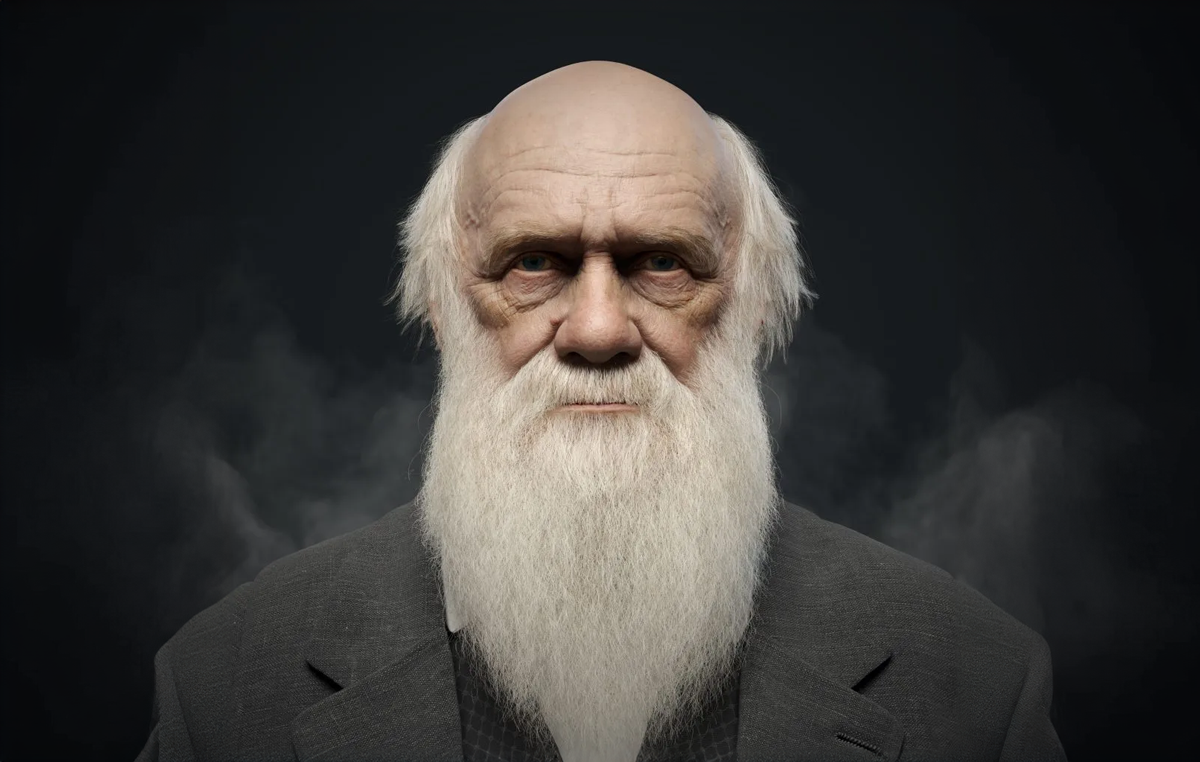
Continue Reading: Adapt or Die: Your Company is Either Growing or Dying
- Related post: The T-Shirt Theory of Branding
- Related post: The Power of Branding: John’s Family Premium Organic Garlic
- Related post: Why You Don’t Want to Run a Business that Relies Solely on Ads
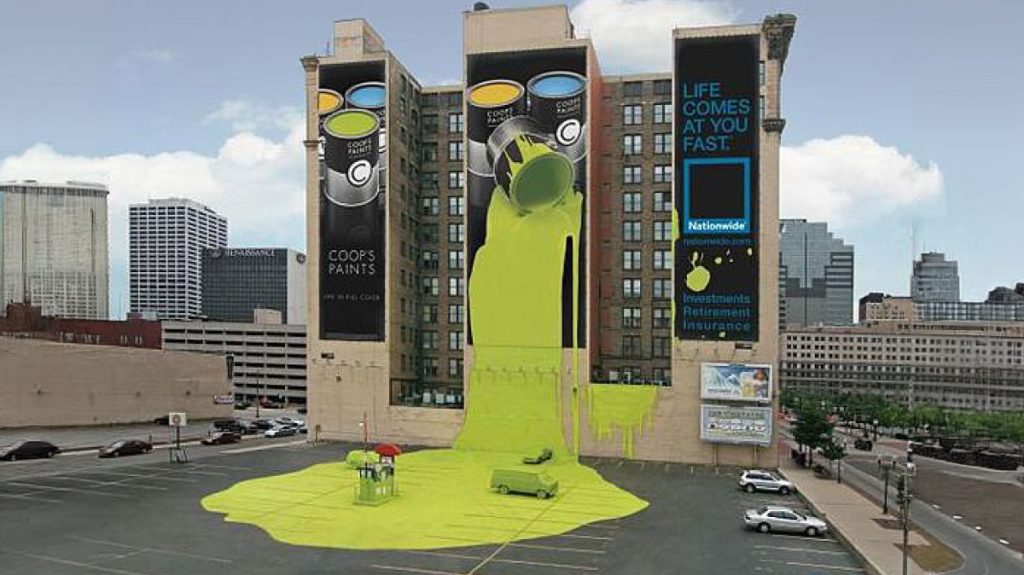
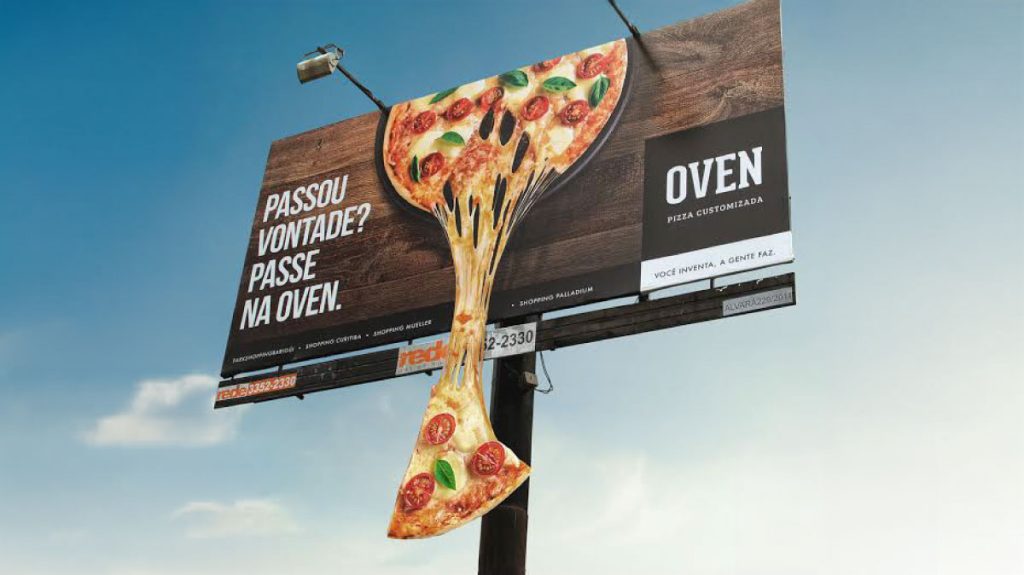
Continue reading: What’s the ROI of a Billboard


